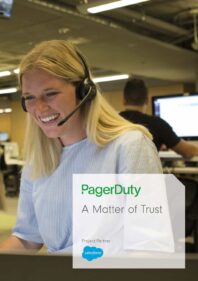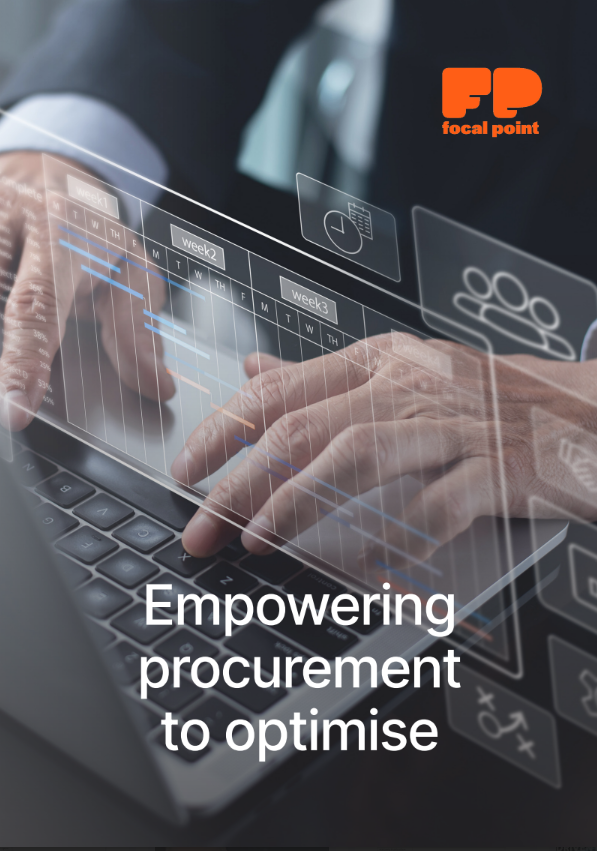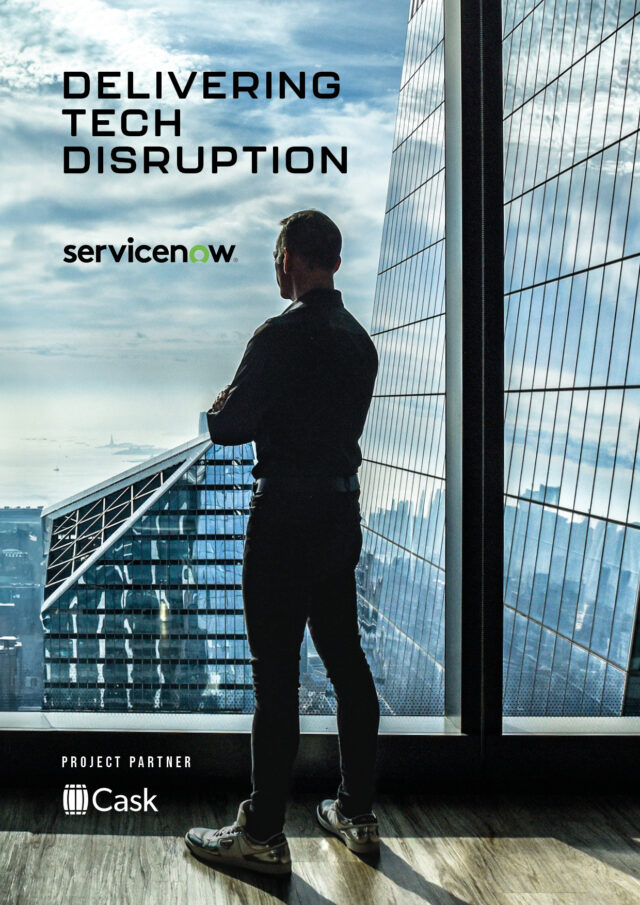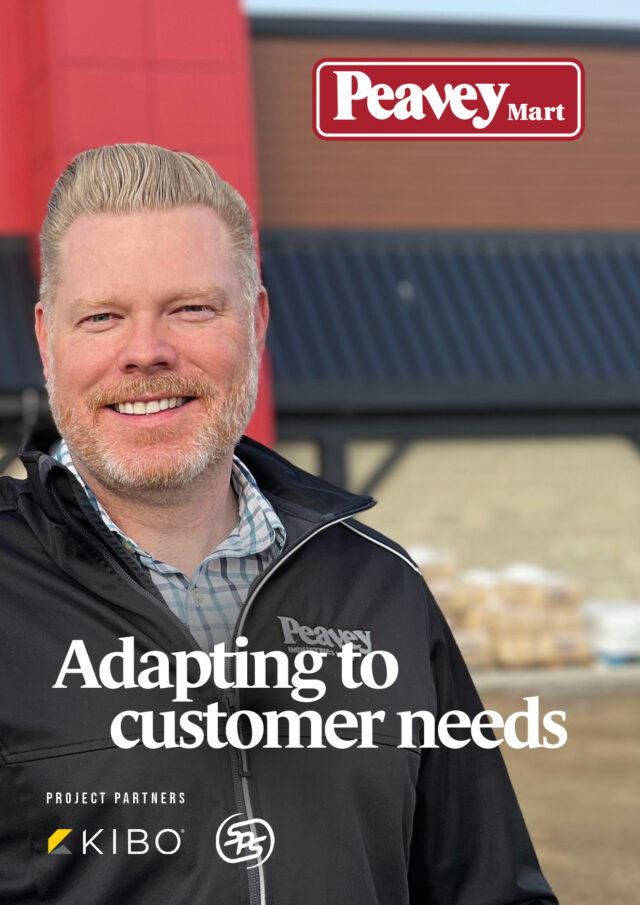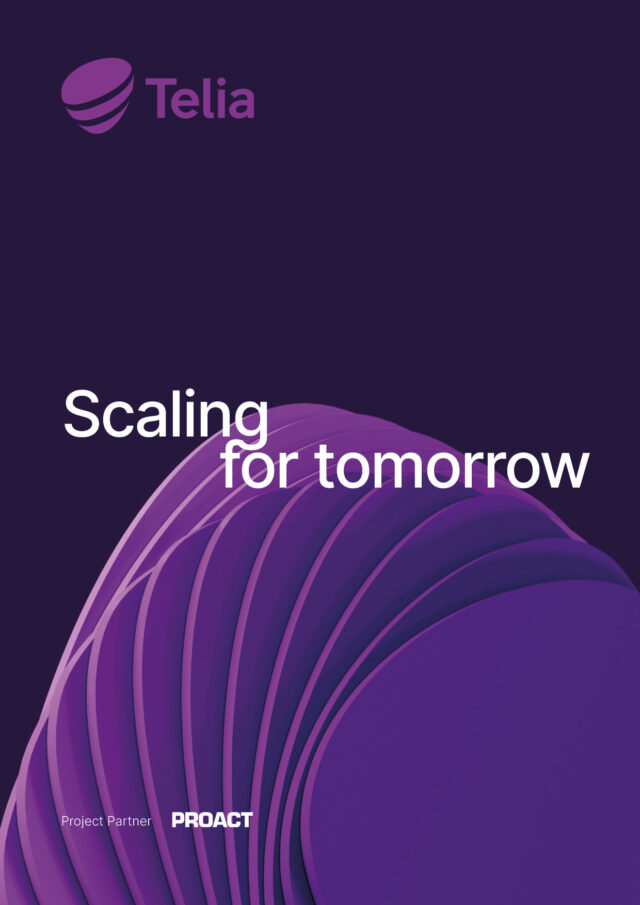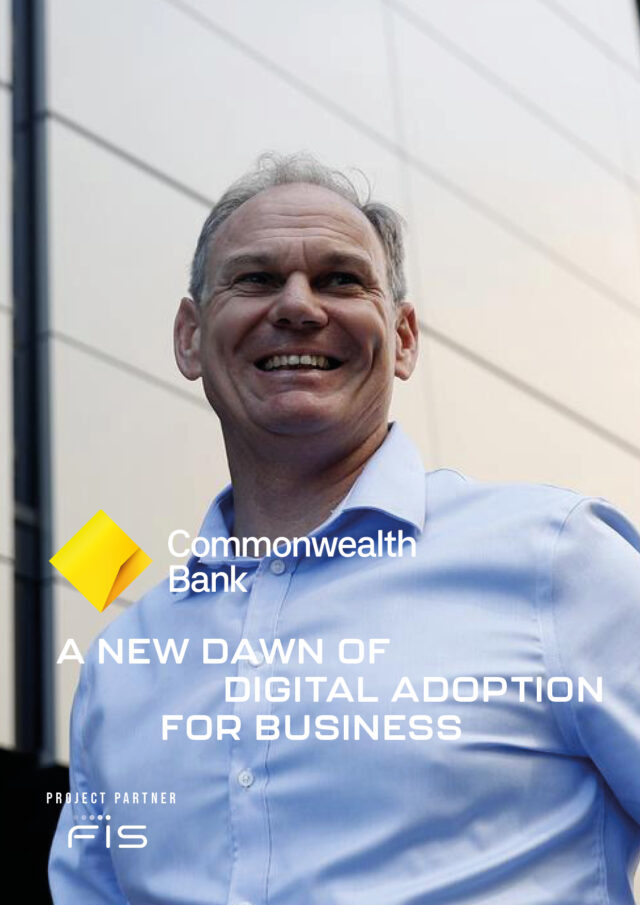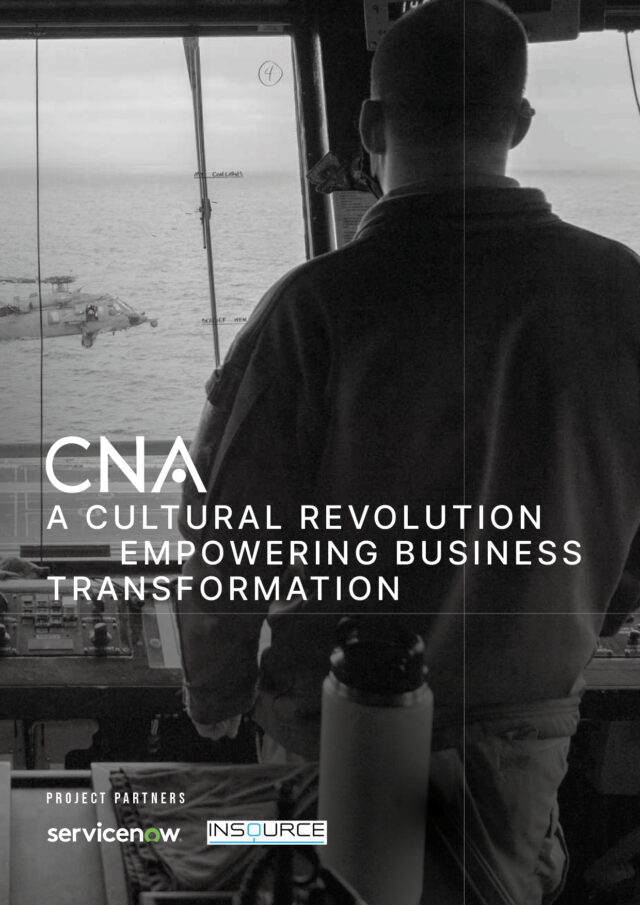Never has the pace of technological change been this fast and, going forward, this slow, ever again. Every industrial sector is undergoing constant shifts and revolutions allowing them to compete, succeed, survive and thrive. There is an increasing reliance on technology at every turn and this ongoing movement toward digital operations has created a myriad of opportunities for business and products that can enable and enhance these shifts in operations.
PagerDuty is a real-time digital operations company whose platform supports a lot of critical real-time use cases for its customers by sitting at the heart of whatever technology ecosystem that particular customer is using. PagerDuty responds to signals and data from all the different software applications and systems in that environment and helps to proactively and intelligently understand when something is not working appropriately. The platform then helps customers to focus resources in a real-time manner to solve those problems, before they actually become issues or outages. The company is on a dramatic growth curve, with a raft of big-name clients such as Netflix, Peloton, DoorDash and Amex; no small wonder when its platform can offer incredible ROIs.

Chad Kalmes is Vice President, Technical Operations at PagerDuty and an experienced technology executive and management consultant. Kalmes was drawn to PagerDuty in 2018 just as the company was advancing towards an IPO. “I joined PagerDuty about a little over two years ago, now, when they were just starting to make that turn from a true start-up to a public company. I joined to help them on that journey of maturing their processes, thinking through what needed to change to make them more successful, and getting them on that path toward public company readiness and ultimately the IPO last year,” he tells us.
PagerDuty is a cloud computing company that produces a SaaS digital operations and incident response platform for customers to enable real-time support to across their operations. As of 2018, the company had raised over $170 million in venture funding and has been recognized by Forbes on its ‘Cloud 100’. Within the realm of digital transformation and the subsequent operations, PagerDuty sees itself as Digital Operations Management, making sure that clients can get the right resources to tackle a problem as quickly as possible, and minimize the ultimate impacts to its business and its own customers. “So, the first use case, or where we typically find our initial traction with customers is, maybe somewhat obviously, in departments like Engineering or IT,” Kalmes explains. “Essentially, those teams that are plugged into the digital ecosystem at their company. In the DevOps or ITOps spaces, the teams responsible for building, maintaining, and supporting those environments need to operate as effectively as possible by responding to problems as they arise.”
For companies that move to a DevOps engineering approach where the engineers build, ship, operate, and maintain their code directly, or in traditional IT operations organizations where there are different functional groups within IT, one of the biggest costs or risks comes from downtime that either impacts your customer’s ability to transact with you, to access your services, to do what they need to do, or it shuts down an internal business function, which again, has costs operationally. “I think one of the really powerful benefits of our platform overall is that we’re not trying to take humans out of the equation. We realize the value of humans, but we want to apply them in the most effective and value-add manner possible,” he says. “I think a lot of companies only really want to bring in the experts, the humans into the equation, when you actually need them to take action on something, or to apply critical thinking or judgment, to make changes to something that really only a human is probably best positioned to do. And so rather than having them just sitting around, staring at a screen or waiting for the phone to ring, we only bring that to their attention, or involve them, when it’s necessary, and not when they’ve got a lot of other valuable things they could be doing for the organization.”
One of the tenets Kalmes holds dear, from his previous consulting roles, as well as his current position at PagerDuty is People, Process and Technology. “It’s a very simplistic model, but still a good way to think about tackling any challenge or problem,” he explains. “The order of those three points is important as well. People is there first because I do think, ultimately, any successful company, strategy, program is only as good as the people you’ve got powering it. And so making sure you’ve got the right people in the right roles with the right skillsets before you hit Go is really foundational. Process being the second part there, addresses the need to take a step back and make sure you understand the problem you’re trying to solve and what the end state you’re trying to get to, is. You have to have a very clear vision for what that strategy and approach needs to be before you start to move on to technology, which is the last point.”
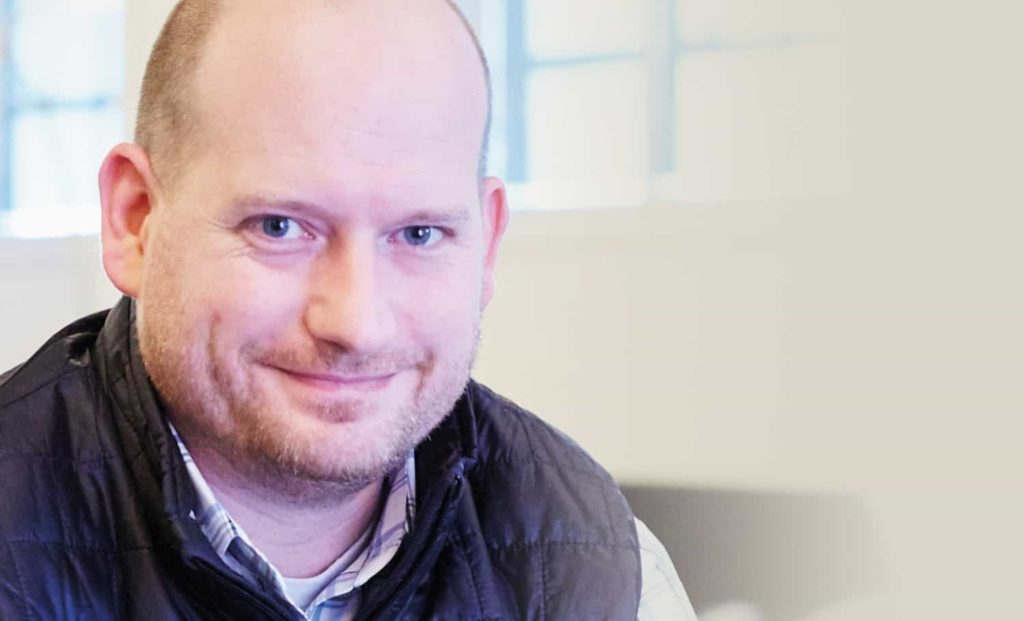
Technology is of course integral to the decisions you make and how enterprises implement change. “If you’re starting from a strong foundation of the right people and the right approach and strategy, the technology should largely become somewhat secondary, and it’s really just there to improve and enhance the other decisions you’ve already made along the way. And I think where I’ve seen companies go off the rails or struggle is when they start with the technology. They find a cool tool or a piece of software they think is interesting, and they try to find a way to make it work, versus going the other direction with their decision making. While, the People, Process, Technology approach is very simplistic, I think it’s also very powerful because it gives you a framework for thinking about things in a way that sets you up for success if you do it properly.”
According to Kalmes, PagerDuty’s ultimate goal is to liberate people to do their best and most valuable work. “Ultimately, that applies to every function in the organization,” he explains. “If I look at how we apply the platform internally in our own operations, we have critical deal flow and operational procedures in the organization where, if we’re trying to rapidly close a big deal or if certain service SLAs get out of appropriate bounds, we can make sure that we get people in real-time to focus on unblocking or fixing whatever is slowing that process down.”
Ultimately as more and more functions in an organization become digitally enabled or digitally driven, there’s a story or a value-add use case for PagerDuty in those scenarios. PagerDuty adds more and more features over time to bring things like machine learning and automation increasingly to its customers, “that just helps speed up that decision making and that human interaction even more”.
By focusing that response, PagerDuty can make companies far more efficient in what they do, and that of course raises the eyebrows at every strata of a company’s hierarchy. One study with IDC showed that over a three-year period, the company’s customers saw a 731% ROI, and an initial payback of their investment in PagerDuty in as little as four and a half months. For many emerging organizations growing by 10-15% a year, they will definitely experience strains on its technology stack and operating environment. “They will then need to try to find efficiencies and ways to keep growing,” Kalmes reveals. “This is also particularly integral at companies at the start of that growth journey, pre-IPO to post-IPO where they’re growing at a 40-50% clip. And if you look at most companies, one of their largest expenses is ultimately headcount. Even small, incremental improvements in how you can make employees better and more effective at their jobs, and make sure that they’re spending time on the most value-add services they can provide, can have a big impact on the bottom line. That’s ultimately the power of what our platform brings to the table, and I think that’s reflected in that ROI study.”
As companies experience growth, a genuine flexibility in operations becomes essential, and it’s that particular facet that appeals to Kalmes. “I think it’s a really interesting problem to try and tackle. I like that kind of challenge. You try to do yearly planning and have a roadmap of three to five years out, but you have to shift and adjust those plans on a quarterly basis, if not more frequently than that, to make sure you are continuously right-sizing your investments, your strategy, your operations, your technology stack to get you that agility you need to keep growing at that pace.”

One sector PagerDuty is seeing a lot of potential in is finance and fintech. “If you look at how a lot of really big banks, investment firms, financial institutions operate, they’re still very tied to a traditional, in-office culture with a lot of homegrown internal systems that they’ve spent years building layers of security and walls of protection around, due to the very sensitive data they’re dealing with. But at the same time, the world is forcing them to rethink how they can be more agile and flexible, and meet the demands of their customers who are probably changing decisions or making decisions a lot faster and want a lot more access to real-time information and services. All of those institutions have to find ways to do what they’ve done historically, but in a faster, lighter-weight, more digital-native manner, without sacrificing that security, those controls, and the privacy protections they’ve put in place. I think that, as an industry transformation, it’s really interesting and exciting because it’s so pervasive, and I think it’s just still so ripe for potential improvement.”
The customer journey is certainly seen as a major selling point for PagerDuty when attracting and servicing its clients. Its client journey enables customers large and small, regardless of size, to interact with PagerDuty in a way that’s purely digital. “We self-serve a lot of their needs directly on the platform,” Kalmes explains. “And so if you’re a really small company and have a handful of users and very basic needs, you can go to our website and get up and running in a matter of seconds. If you’re a larger organization and you want to do a little bit more due diligence, you want to go through the traditional sales cycle and process, we can support that as well. Very early on, we identified that Salesforce, as a platform and an ecosystem, was going to be a huge part in our journey and our real-time capabilities in that space. Finding those ‘foundational’ partners and platforms that you can craft your business around is critical.”
“In particular, Salesforce CPQ is proving to be game-changing for our business. Moving to CPQ for all of our quoting needs has enabled us to develop a much more agile and flexible approach to quoting for our customers, allowing us to automate and support more and more use cases that reduce manual orders, speed the pace of business, and improve the overall experience for both our Customers and our Sales teams.”
Kalmes, a man with extensive experience from working in professional services cites the importance of ‘influence’ when liaising with clients. “As a consultant you don’t have the ability to go in and force a company to do anything,” he says. “You’re not an employee there, you’re not a manager or a leader… However, you want that company to improve, to get better, to fix the problem they came to you with and you have to do that through influence. You have to show them the value of changing, which is hard. I don’t think many people like change, but it’s critical to be increasingly good at changing. And you really have to do that through influence. So, it’s building relationships, it’s illustrating that you know the business and what they’re trying to accomplish, and then laying out a clear path or framework for them to get better over time.”
Change management and the shift in work culture is a challenge but it’s a notion that PagerDuty thrives on when dealing with its strategic interplay with clients. “I think a core cultural aspect we have, is of questioning everything and not letting decisions of the past dictate how we react today – I think that’s critical. Facebook is famous for its ‘move fast and break things’ methodology. While I think we’re probably not quite that cavalier, and even Facebook has walked back from that a little bit, we do see the value in bringing a lot of diverse perspectives and experiences to the table, and quite frankly in freeing people up to try new things. Not all of those experiments or innovations are going to be successful, but letting perfect be the enemy of good is one of the worst things you can do. I think there’s a lot of traps that companies can fall into. Paralysis through analysis and getting too caught up in trying to make the perfect decision, versus making a good decision and then being able to rapidly adjust and iterate on that. As a company, we’re open and willing to take chances and go with something that we think is directionally good and iterate along the way, that’s a competitive advantage at the end of the day because we can move in a direction, make a few adjustments, and probably get to a pretty close to perfect solution much more quickly if we just get going and get momentum on our side.”
Nowhere has the value of companies such as PagerDuty been felt than during the global pandemic of COVID-19 as companies have experienced remote working and increased demand on digital offerings and operations. “I would bet that the companies that are weathering this storm the best, that made the fastest shift from a work-in-office environment to a work-from-home environment, in some cases almost overnight, are those that were further along in their transition to digital operations. They’re probably also those companies that will not only weather the storm but come out stronger, better, faster, at the other end – those that are more digital-native than their competitors,” he explains.
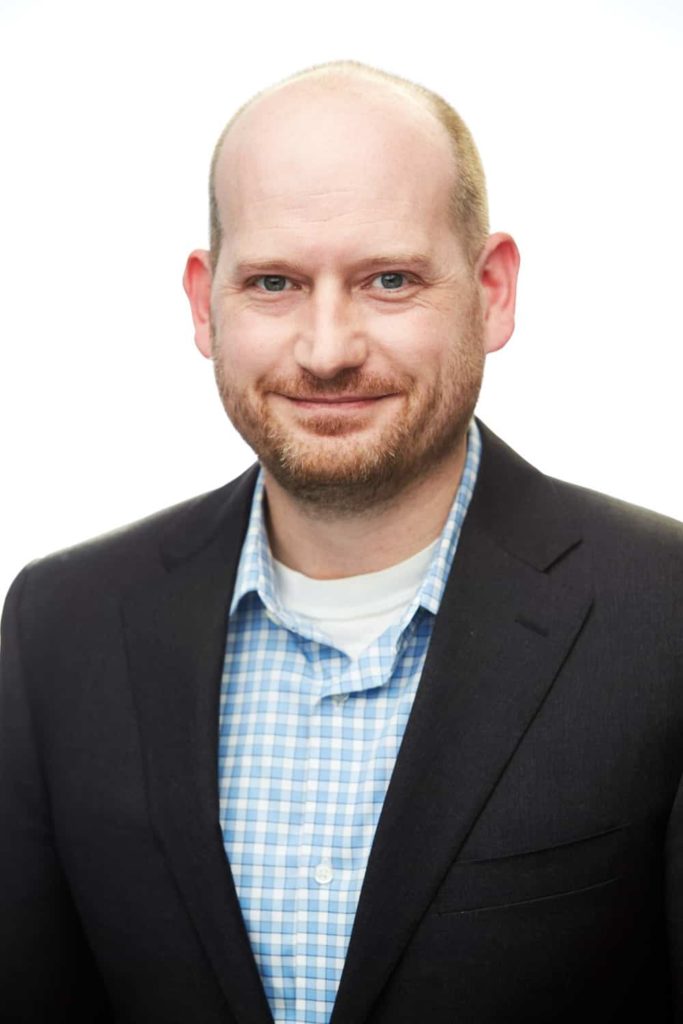
“Those companies have already thought through how they’re optimizing their operations and their technology to power their business, and can make those adjustments and changes as close to real-time as possible. I think those organizations were probably some of the first to almost flip a switch and let their people work from home without any hiccups. They’re probably also the ones that were immediately questioning, planning, forecasting what the impacts of COVID-19 were going to be on their operations. They’re looking at all the metrics of their business in real-time and understand what they have to do in order to adjust to meet their customers where they are today in light of the current environment. I think, again, the companies that are the most agile and the most able to adjust will probably continue to grow despite macroeconomic impacts and will probably come out the other end stronger.” A key part of PagerDuty’s relationships with its clients comes down to one simple, yet priceless word: trust. “Without it, there really is no business to be had,” Kalmes says. “Trust in the SaaS space, especially enterprise SaaS where it’s businesses relying on you to power part of their operations, trust is the number one thing you ultimately sell. You can have the greatest features, the coolest product, a really novel approach to something, but if ultimately you’re not a trustworthy company, you don’t operate in a manner that’s transparent and gives a sense of reliability and safety to your customers, they’re not going to trust you with the most critical workloads, the most critical processes and operating elements of their business, because it’s too important to what they do. At PagerDuty, we know that we have to be at our best when our customers are at their worst. That is a burden and a duty that we do not take lightly. So, I definitely can’t stress enough how critical trust is to that equation. If you don’t have that trust, I don’t think you’re going to be in business for very long.”
